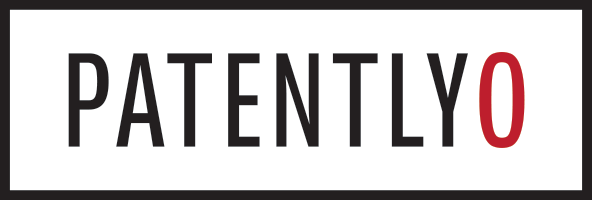
"The Federal Circuit this week decided a non-patent en banc case - focusing on standing to challenge government procurement decisions as a federal claim under 28 U.S.C. § 1491(b). Percipient.AI, Inc. v. United States, No. 2023-1970 (Fed. Cir. Aug. 28, 2025)."
"The statute provides jurisdiction to the Court of Federal Claims over actions filed by "an interested party objecting to (1) a solicitation by a Federal agency for bids or proposals for a proposed contract or to (2) a proposed award or the award of a contract or (3) any alleged violation of statute or regulation in connection with a procurement or a proposed procurement." 28 U.S.C. § 1491(b)(1) (numbering not found in statute). Here, the 7-4 court concluded that an "interested party" under the statute must be "an actual or prospective bidder or offeror whose direct economic interest would be affected by the award of the contract or by failure to award the contract." And, this definition applies even to the third prong where the objection is based upon the third prong rather than upon bids or proposed award."
The Federal Circuit resolved an en banc non-patent case addressing standing under 28 U.S.C. §1491(b) in Percipient.AI, Inc. v. United States. The statute grants the Court of Federal Claims jurisdiction over actions by an "interested party" objecting to solicitations, proposed awards, awards, or alleged procurement statute or regulation violations. The court held that an "interested party" must be an actual or prospective bidder or offeror whose direct economic interest would be affected by the award or failure to award the contract. The court further held that this bidder-or-offeror requirement applies even to objections brought under the statute's third prong concerning statutory or regulatory violations.
#federal-circuit #bid-protest-standing #court-of-federal-claims #28-usc-1491b #government-procurement
Read at Patently-O
Unable to calculate read time
Collection
[
|
...
]